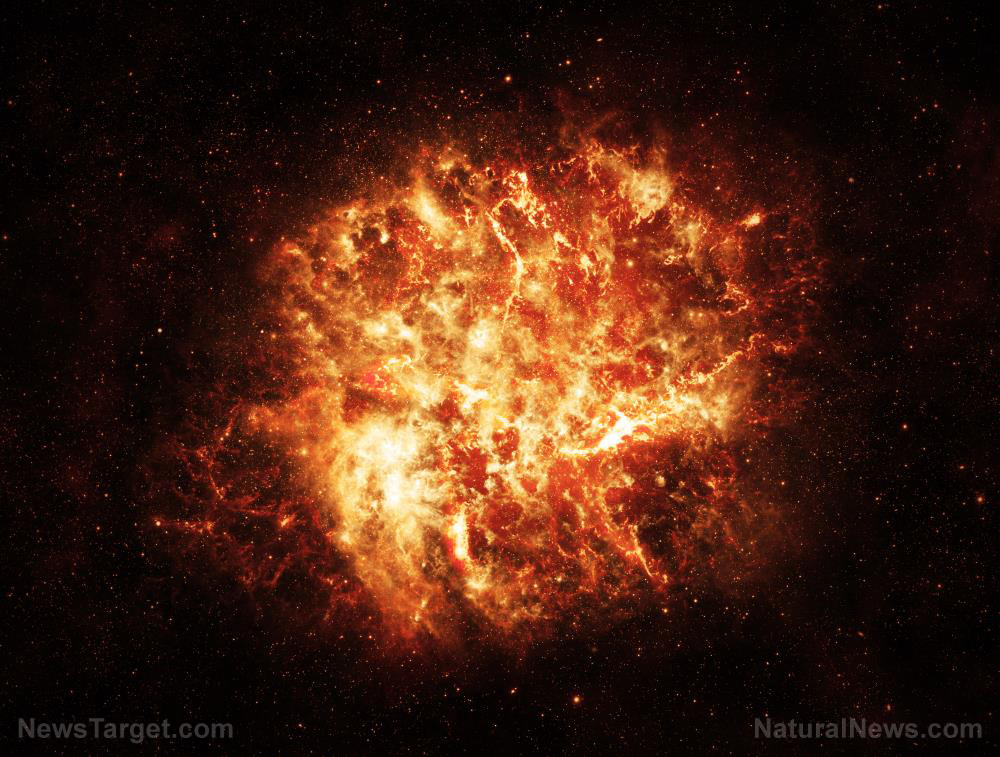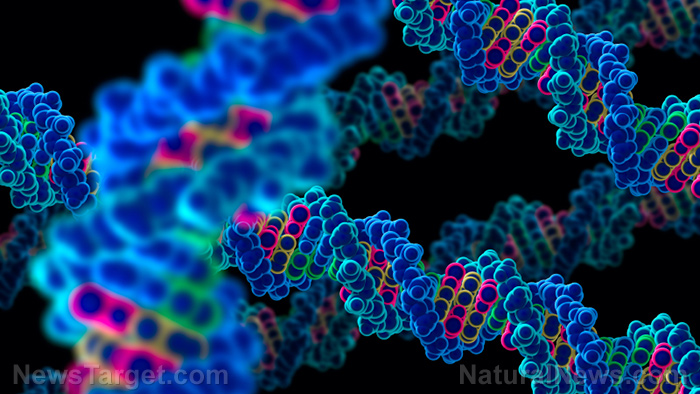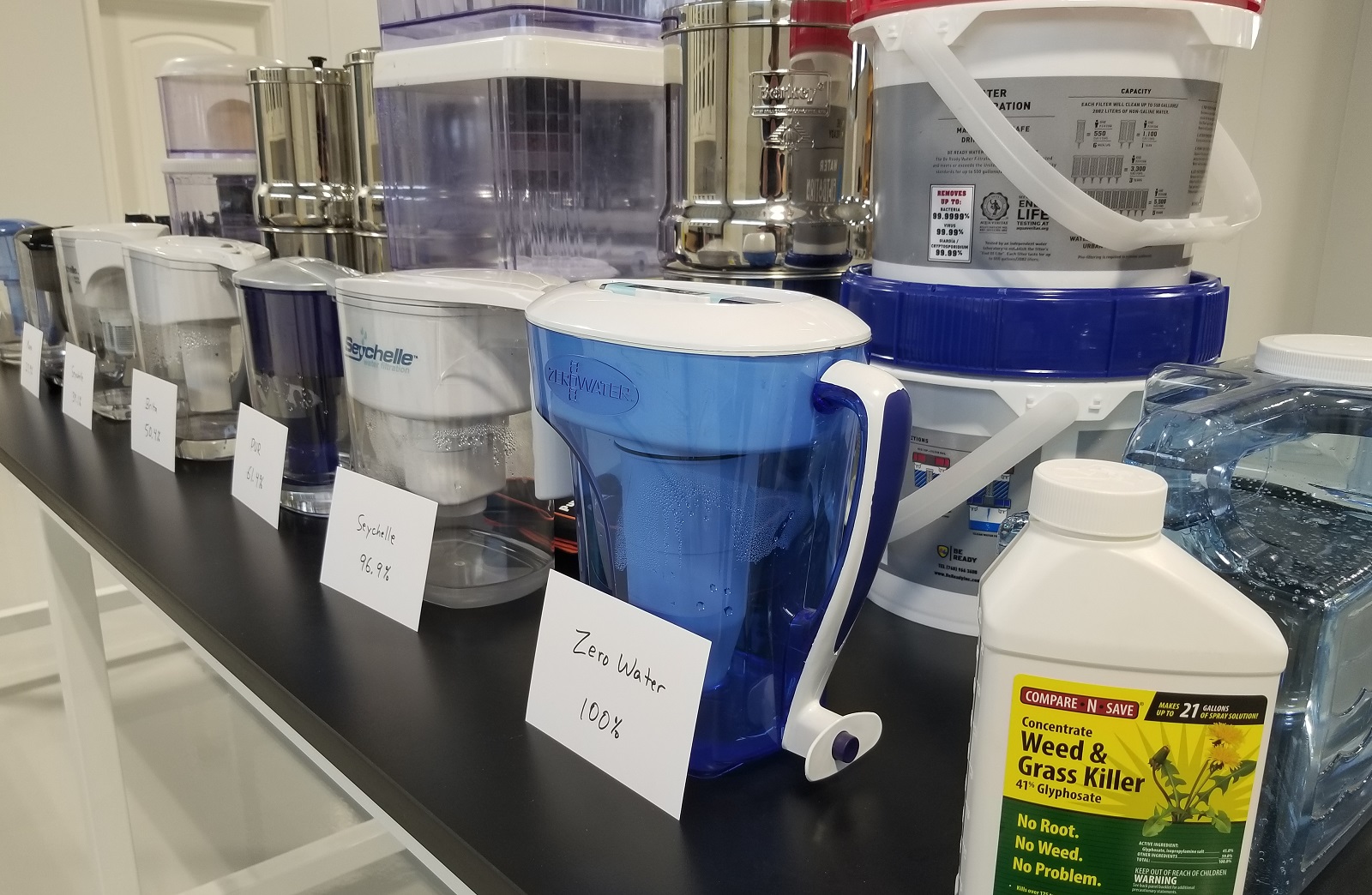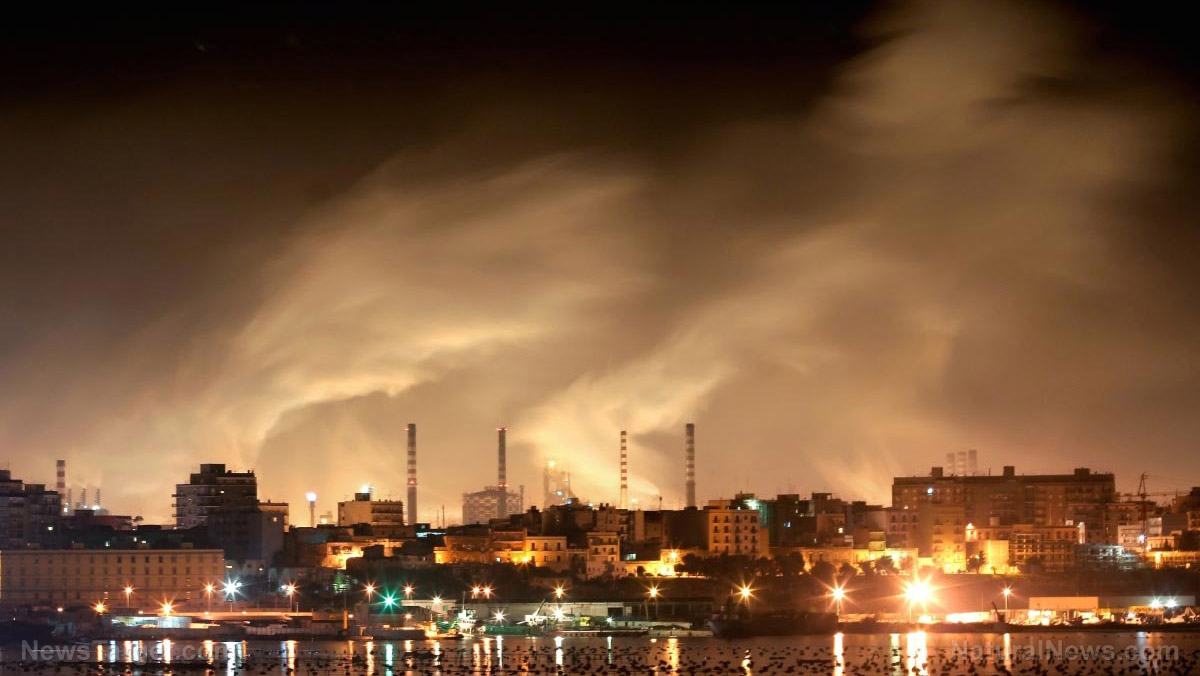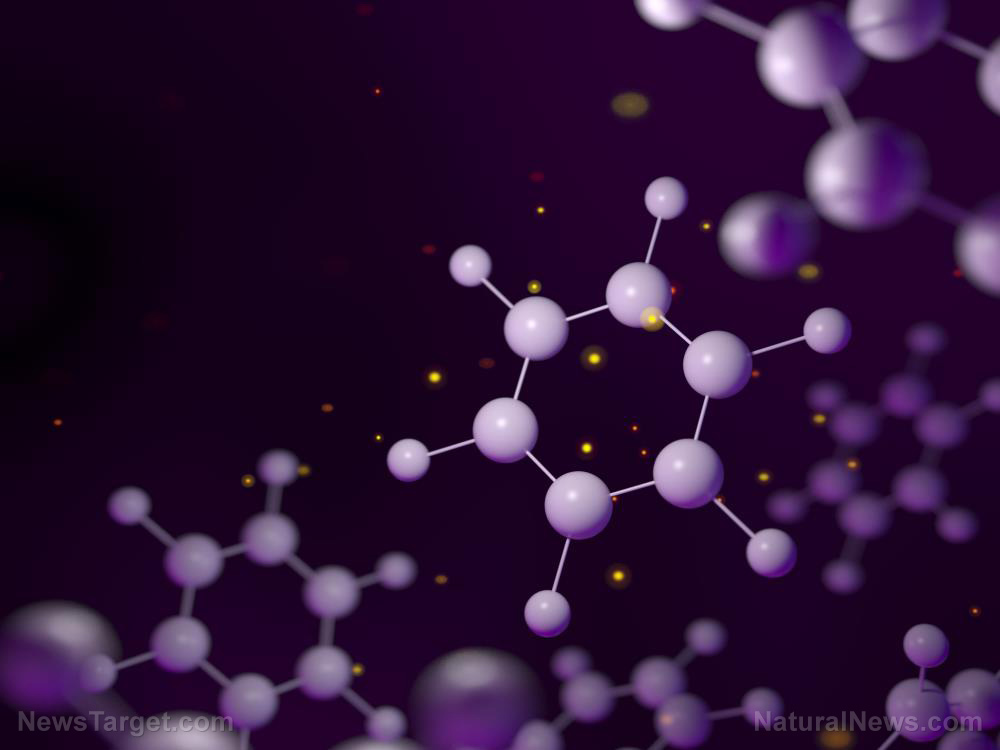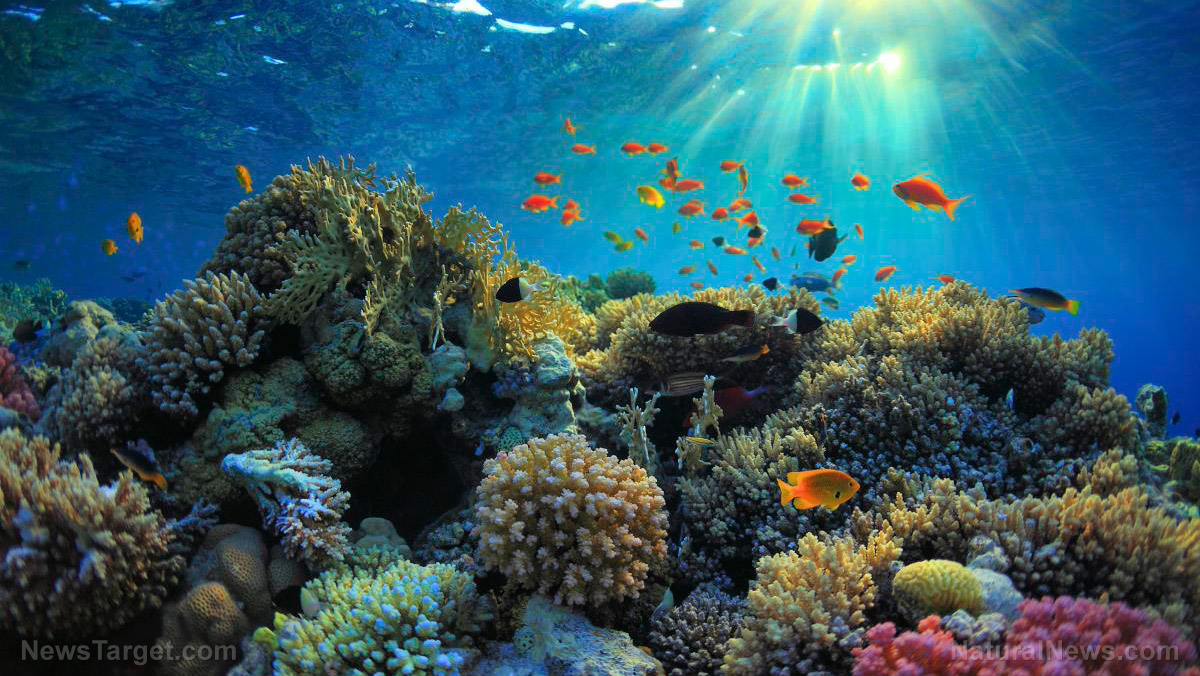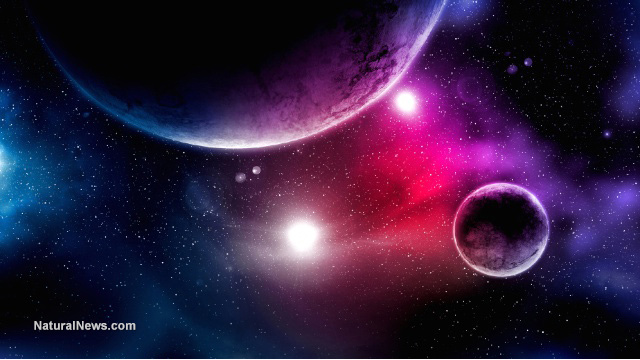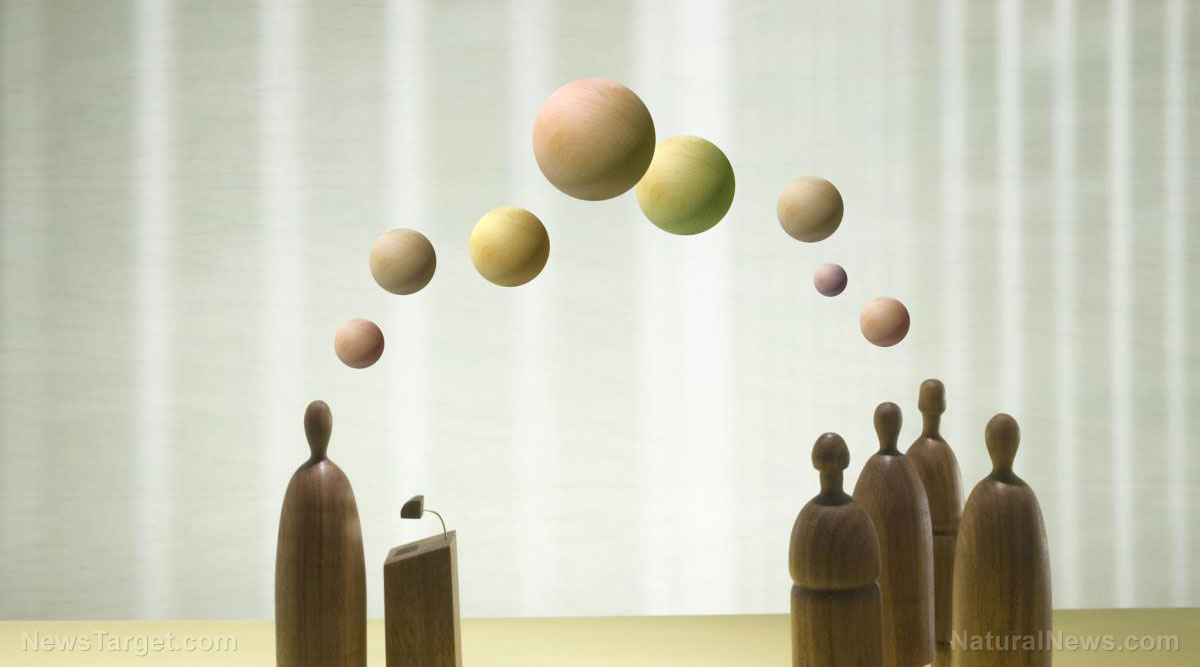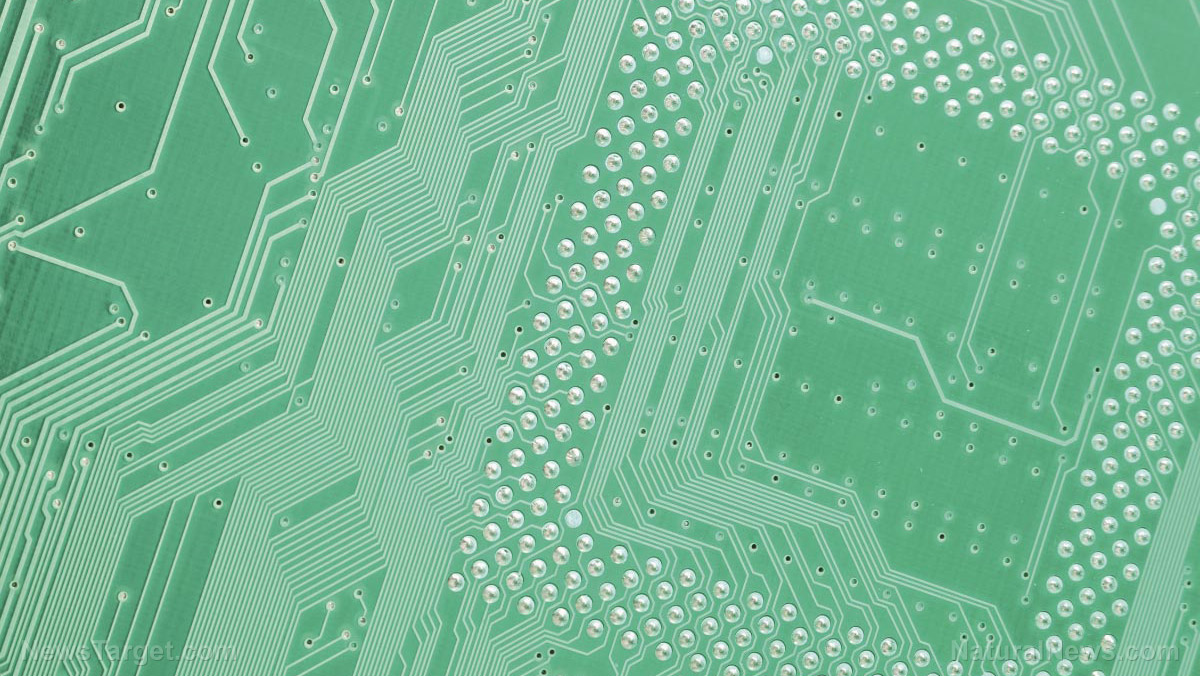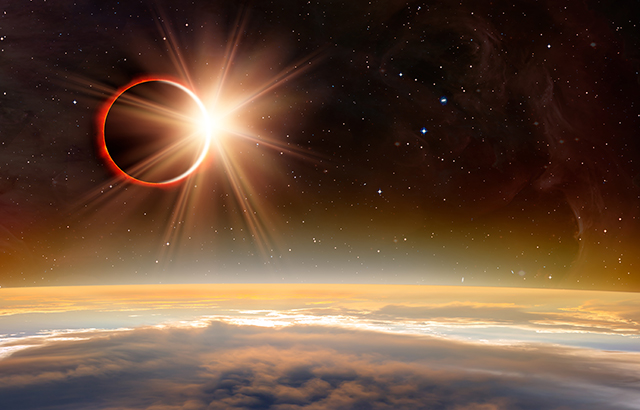NASA scientists discover FIVE new previously unknown strains of antibiotic-resistant bacteria in SPACE
02/16/2019 / By Ethan Huff

While cleaning the washrooms on the International Space Station (ISS), scientists from NASA reportedly discovered five new strains of antibiotic-resistant bacteria that have never before been identified, suggesting that deadly “superbugs” have the capacity to mutate and proliferate, even in outer space.
Publishing its findings in the journal BMC Microbiology, the National Aeronautics and Space Administration’s Jet Propulsion Laboratory (JPL) analyzed multiple bacterial samples collected from the ISS, including four samples collected from the vessel’s lavatory waste and hygiene compartment, as well as one sample taken from the foot platform of a piece of resistance-training exercise equipment.
Upon analysis, the team identified five previously unknown strains of Enterobacter bacteria, a genus known for its heavy resistance to antibiotics, and that commonly infects hospital patients with compromised immune systems.
“To show which species of the bacteria were present on the ISS, we used various methods to characterize their genomes in detail,” stated Kasthuri Venkateswaren, a senior research scientist with the JPL Biotechnology and Planetary Protection Group and study co-author, in a statement.
“We revealed that genomes of the five ISS Enterobacter strains were genetically most similar to three strains newly found on Earth.”
After comparing these newly-discovered strains of Enterobacter to more than 1,200 strains that have already been collected on Earth, the team concluded that the novel space strains most closely resemble those within the classification of Enterobacter bugandensis, which was recently discovered in three different hospitals – one in Africa, one in Washington state, and one in Colorado.
These Earth-based strains are said to be dangerous to humans and resistant to existing antibiotics. However, while the strains identified on the ISS contain more than 100 genes tied to these Earth-based strains, researchers say they’re not a threat.
“It is important to understand that the strains found on the ISS were not virulent, which means they are not an active threat to human health, but [still] something to be monitored,” stated Nitin Singh, the study’s lead author.
Benign, space-based “superbugs” have a high chance of mutating and becoming virulent to humans, experts warn
At the same time, there is a 79 percent chance that these space-based strains could eventually mutate and become a threat to humans, should an astronaut arriving back from a mission carry them with him as he exits a spacecraft.
Experts say more research is needed to determine the true potential for these ISS strains of Enterobacter to become a human threat – particularly in a living body in space, which has yet to be done.
That’s because, as to be expected, conditions in space are much different than they are on here on Earth, meaning microbes tend to behave differently as a factor of things like microgravity, radiation, and constant interaction with humans.
Last summer, NASA made an attempt at testing how antibiotic-resistant E. coli would fare in space, sending the bacteria into hostile conditions as part of a greater experiment.
“If we find resistance is higher in microgravity, we can do something, because we’ll know the gene responsible for it, and be able to design countermeasures,” stated A.C. Matin, head of the so-called “E. coli Anti-Microbial Satellite” project, or EcAMSat.
“If we are serious about the exploration of space, we need to know how human vital systems are influenced by microgravity.”
Others believe that the chances of space-based superbugs mutating and becoming deadly to humans is highly unlikely.
“These are stressful, harsh conditions,” says Erica Hartmann, lead author of another paper on the same subject published in the journal mSystems.
“Does the environment select for superbugs because they have an advantage? The answer appears to be ‘no.'”
For more related news, be sure to check out Superbugs.news.
Sources for this article include:
Tagged Under: antibiotic resistance, Antibiotics, cosmos, Enterobacter, Enterobacter bugandensis, International Space Station, Jet Propulsion Laboratory, microgravity, mutations, NASA, outer space, Space, space travel, strains, superbugs, viral strains, weird science

